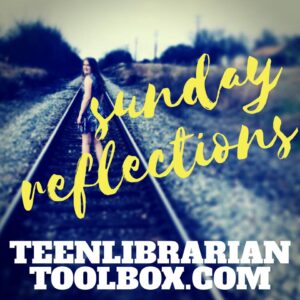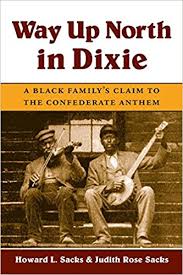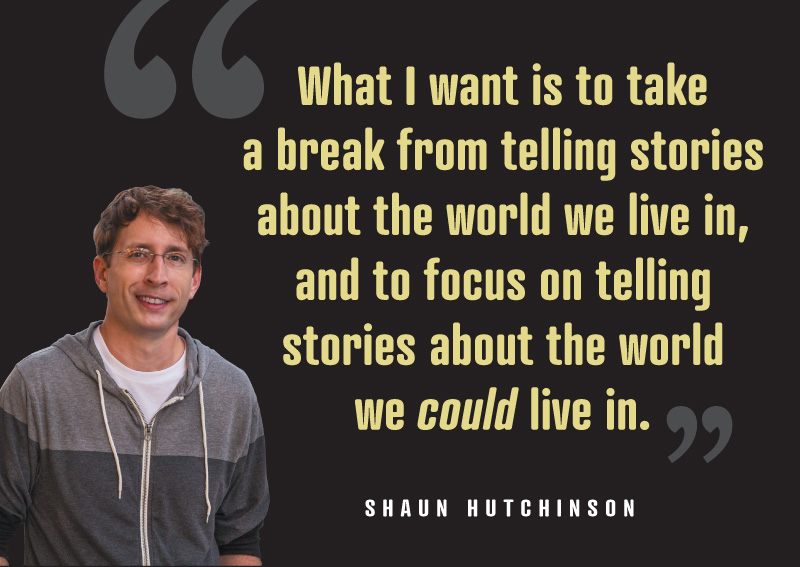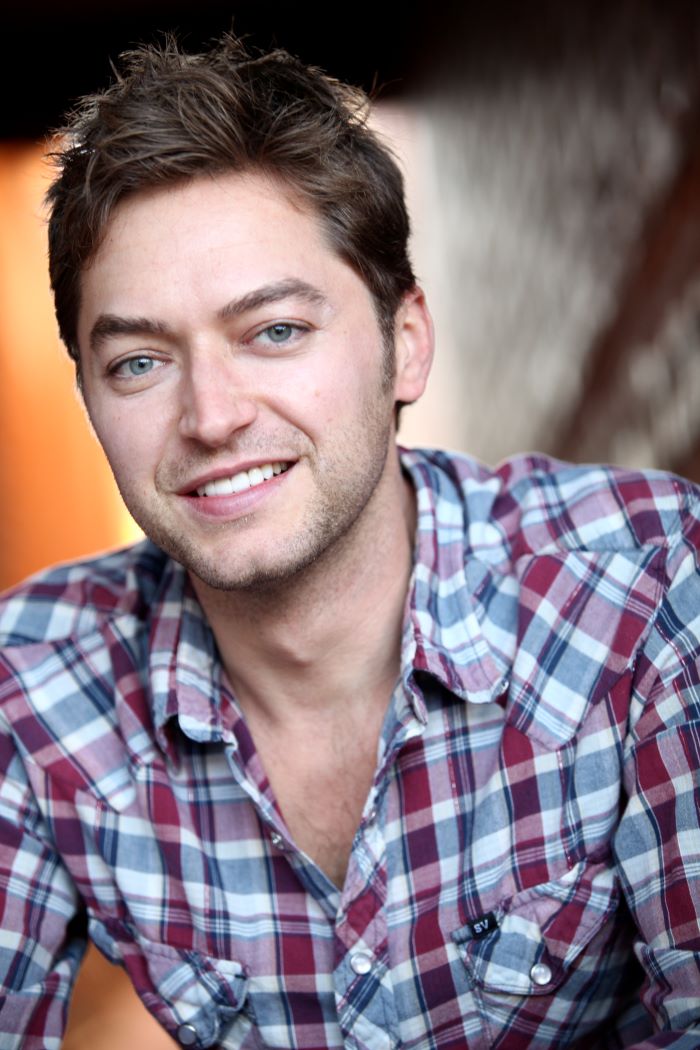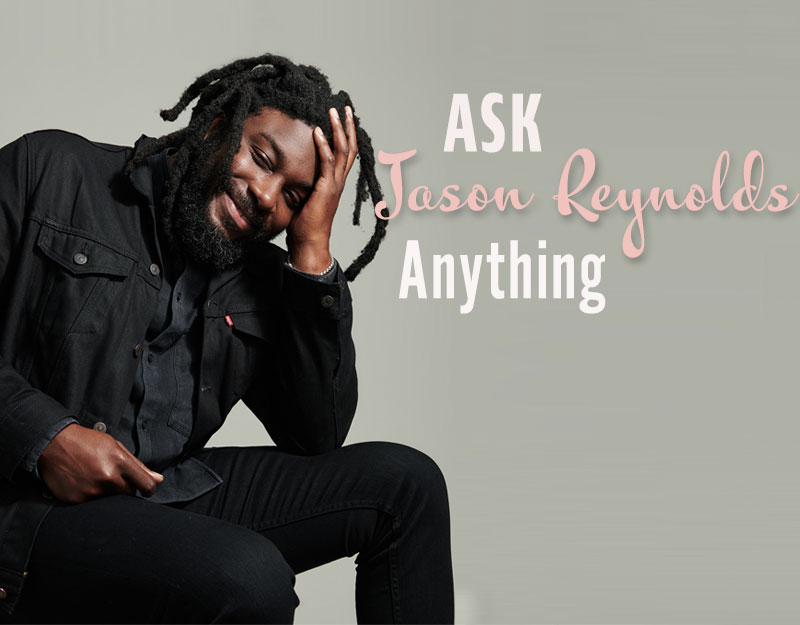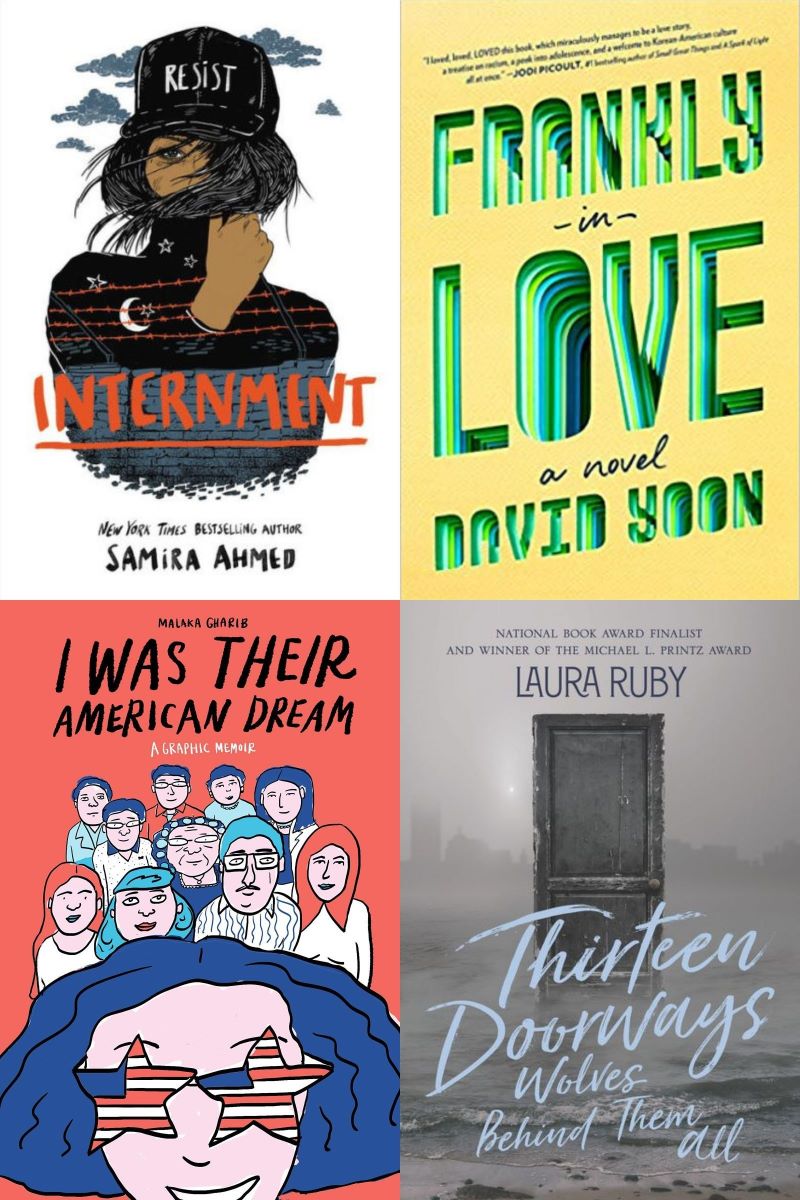Sunday Reflections: Wrestling with Local History
This weekend, the city of Mount Vernon, Ohio is awash in the arts as we celebrate the annual Dan Emmett festival.
2018 Ohio Festival Schedule | OhioFestivals.net
If you’ve never visited the Midwest, the local small town festival is a glorious affair that celebrates, well, anything. In Fredericktown the celebrate the tomato, in Marion it’s popcorn, and in Circleville it’s pumpkin. But throughout the summer and fall, you can finally find a small town festival somewhere to celebrate something and it’s really quite charming. You wander from booth to booth, there are a few rides here and there, local talent shows, and my personal favorite, fried fair food.
In Mount Vernon, we celebrate the arts and our local artistic claim to fame, Dixie song writer Dan Emmett. Dan Emmet is said to have written the popular anthem Dixie, though there are also claims that he stole the song from a local black family, the Snowdens. He also was a regular participant in minstrel shows, which were popular during the time but now (most of us) recognize that black face is unacceptable and that a lot of the popular art that we celebrate when we celebrate Dan Emmett is, in fact, really quite racist.
ADVERTISEMENT
ADVERTISEMENT
The first day of the Dan Emmett festival this year, a man came in asking for a print out of lyrics to the song Dixie because he wanted to prove to his wife that the song was racist.
Civil War songs: Dan Emmett’s legacy in Knox County
At the library, we have a display case up with a variety of items celebrating the life of Dan Emmett and the Dan Emmett festival. One of the items in that display is the very old sheet music to the song Dixie, which has a picture of four men wearing black face on its front cover.
Earlier this year, a local group exploring the issue of racism in our community met to discuss whether or not having a Dan Emmett festival is racist in and of itself.
Mount Vernon’s Blackface Minstrel – The Collegian Magazine
I currently work in a community which is 97% white. I previously worked in a community that was much more diverse, but was also at one time considered the headquarters of the KKK. That’s a lot of local history to wrestle with.
This weekend, White Nationalists met to reconvene one year after the murder of Heather Heyer in Charlotesville. Although they may not recognize it yet, this community too will have a lot of complicated local history to wrestle with.
The truth is, most towns in this country have a lot of local history that they have to wrestle with, and in the year 2018, we see this happening on a national level. I never imagined that I would actually live in a time where we discussed race riots as something other than in the past, but these past couple of years we have seen the resurgence of white nationalism, neo-nazis, racism, hate crimes and more. Make no mistake, these things have always been present, they have just been more well hidden in my lifetime to white people like me than they are now. Today, these issues are once again front and center, making it harder for comfortable white people like myself to pretend that we live in a just world or that racism is anything other than it is: real, hateful, and deadly.
Public libraries serve their local communities. We are steeped in local culture and history, we preserve, protect and celebrate it. But what happens when that history is full of racism?
In Mount Vernon, there are people who want to rename the Dan Emmett festival. Some people want to adopt a new name that incorporates the history of the Snowdens into the festival as well. Some people just want to drop any human from the name of the festival at all. I’m not going to lie, as we reflect on our country’s history and discuss things like statues named after Confederate soldiers, I see the wisdom in celebrating tomatoes and popcorn as opposed to people. People are complicated and even the best of us are not perfect.
I have walked the streets of the Dan Emmett festival. I have watched friends sing. I have eaten funnel cake and buckets of fries. I have felt that sense of community as I nodded hi to people that I recognized from the library or stopped to pet that cute dog on the leash. There are lots of charms to living and working in a small, rural Midwest community. In fact, Mount Vernon, Ohio has a rich and thriving arts community and it is definitely something to be proud of.
There’s also a lot of ugly history to wrestle with, as there is everywhere. And you would be surprised how often librarians are asked to do this. How do we preserve that local history? How do we talk about it? How do we present it or display it? Should we include Confederate flags or figures in our local history displays? Should we put up sheet music with black face characters on the cover? Should we ignore it? Pretend it didn’t happen? Put it on display without comment?
ADVERTISEMENT
ADVERTISEMENT
Working with local history can be a complex challenge because people are invested in their local communities. On a global scale, we have never figured out how to talk about the violent and racist past of United States history. We can’t do it on the macro level, and we certainly haven’t figured out how to do it on the micro level. This falls under the umbrella of things I never learned in library school. Where are those conversations about how to deal with local history in local public libraries?
Four years ago, on August 9, 2014, Michael Brown was killed by police in Ferguson. Protests broke out in the surrounding community. The Ferguson library became a haven for the local community, staying open. They are now tasked with preserving the history of that time in the local community. What they do in this project of preservation matters.
‘In This Together’: Ferguson Library Stays Open Amid Violence
When we talk about the Nazis and World War II, we often reflect on how we personally might have responded. Racism today is no less urgent, those conversations are happening. I think often about what I want the history books to say about me, about who I am right now and the choices I am making. I want to be on the right side of history.
History, it turns out, doesn’t stay in the past. It’s time once again for public libraries to think about what it means to be neutral or not and how we engage in current events by how we talk about and present history in our libraries.
We have to wrestle with our local history because our local futures depend on it.
Filed under: Sunday Reflections
About Karen Jensen, MLS
Karen Jensen has been a Teen Services Librarian for almost 30 years. She created TLT in 2011 and is the co-editor of The Whole Library Handbook: Teen Services with Heather Booth (ALA Editions, 2014).
ADVERTISEMENT
ADVERTISEMENT
SLJ Blog Network
Name That LEGO Book Cover! (#53)
Cover Reveal and Q&A: The One and Only Googoosh with Azadeh Westergaard
Exclusive: Vol. 2 of The Weirn Books Is Coming in October | News
Fighting Public School Book Bans with the Civil Rights Act
ADVERTISEMENT


